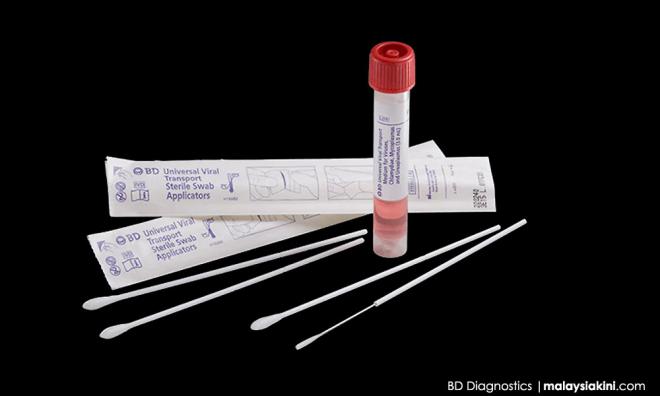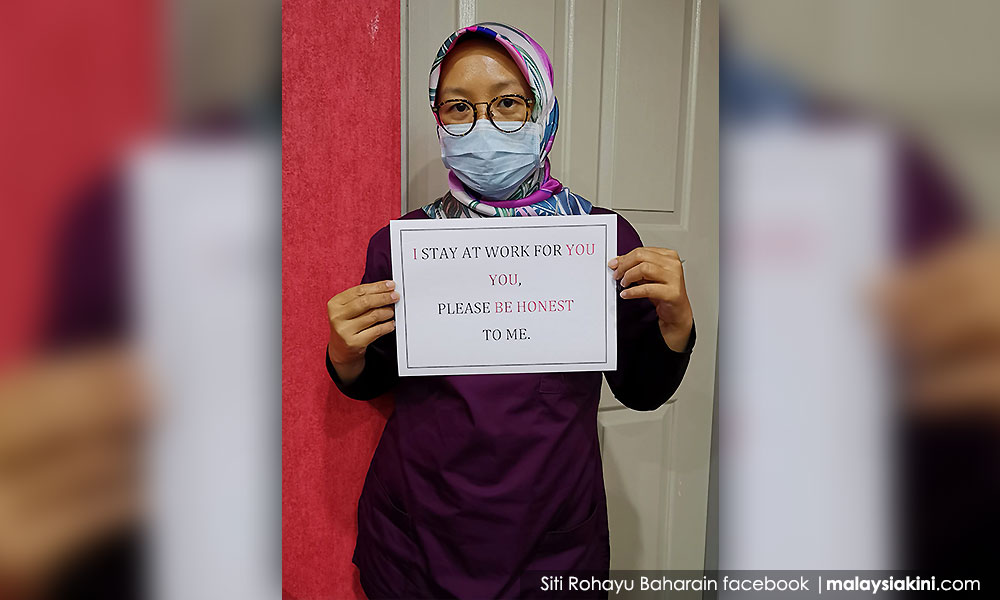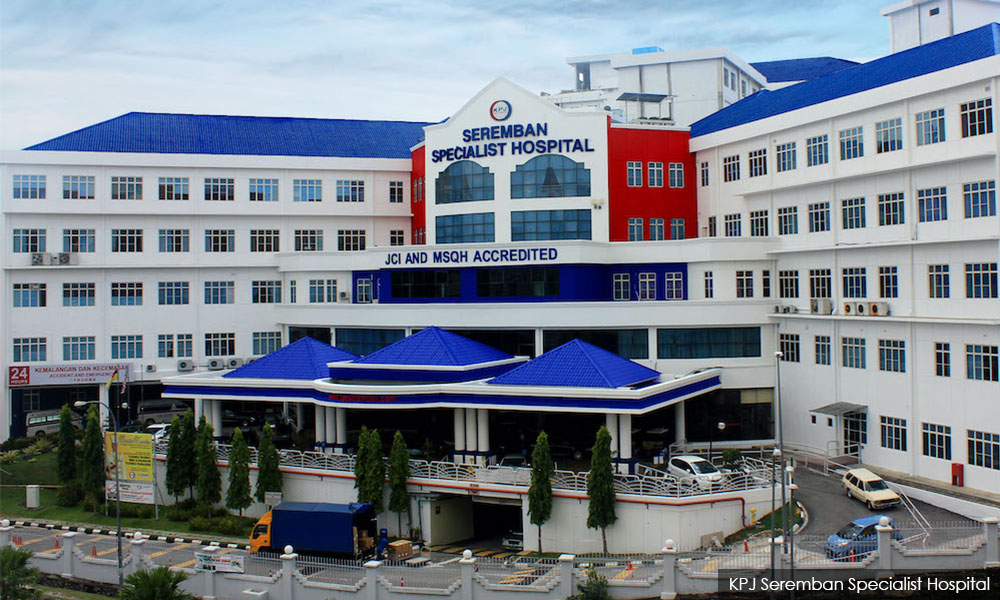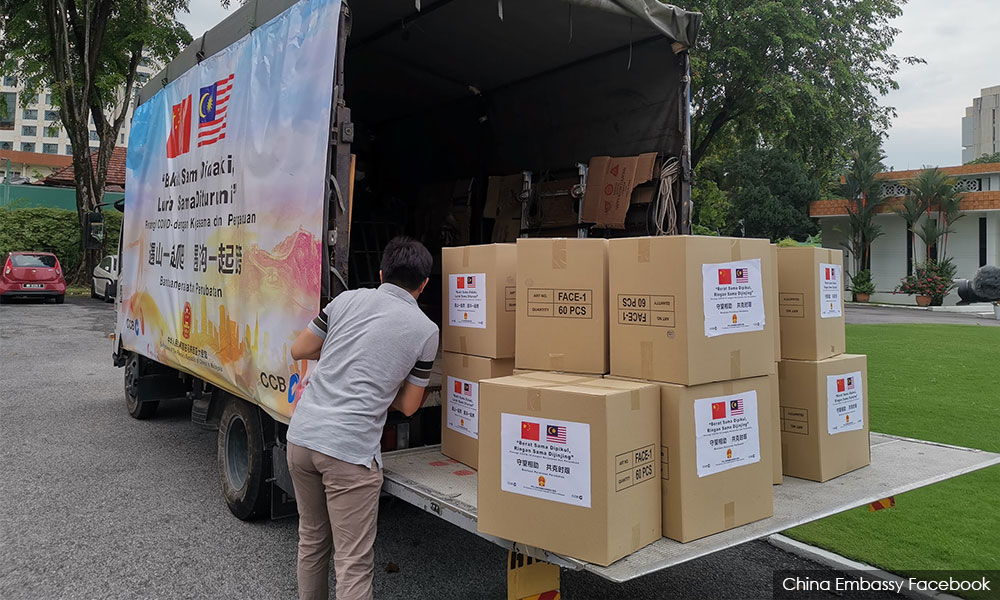
MP SPEAKS | South Korea conducted rapid tests for Covid-19 on thousands of people a day, including those who were asymptomatic.
Experts say that many countries have missed the opportunity to do so within a month of the virus being detected.
But things could be different in Malaysia, where most infections come from the Sri Petaling cluster.
And since it’s established that those who attended the tabligh session have travelled as far as Indonesia, it’s crucial Malaysia gets rapid tests done to detect and stop the transmission.
This must include asymptomatic patients, as they may be carriers but do not manifest traditional symptoms and may not have travelled to specific countries.
And turning away people with a high fever, sore throat and cough just because they are not sure of contact history isn’t a prudent thing to do anymore.

Instead, the government should bring in the Korean Covid-19 test kits urgently, so that the masses can be tested without further delay.
For now, we don’t see any such effort. And we have not heard about the Health Ministry’s plans to handle a large number of cases that can take a whack at resources, which are already spread thin.
Experts say that we can expect a surge in cases in the next few weeks before the curve flattens.
This is of huge concern as government hospitals will not be able to accommodate those who need ICU facilities, ventilators and the wards could be overflowing.
So, instead of waiting until the last minute, the government must already be looking into avenues to import ventilators, personal protective equipment (PPE), ICU beds and ECMOs (blood oxygenation machines).
It should already be planning makeshift hospitals and looking into ensuring enough beds to accommodate everyone.

And the government must also take into account the shortage of doctors and the fact that existing doctors are overworked and overwhelmed with cases.
But this can be mitigated by hiring the 7,000 trainee doctors who are jobless and recruiting doctors who work in the armed forces.
And why not bring on board the private sector and medical NGOs?
In an effort to curb transmission, Prime Minister Muhyiddin Yassin announced a movement control order (MCO), which emphasised on the need for social distancing, banned travel and ordered the shut down of businesses and government offices, except for essential services.
But the prime minister should have also considered allowing the face masks supply chain and all healthcare supply chain facilities like factories producing bottles for sanitisers to stay open.
And despite almost a week after Muhyiddin’s announcement, the government hasn’t looked into ensuring healthcare access to the poor and marginalised communities.
It is yet to take into consideration the unhygienic living standards and cramped living conditions that make social distancing impossible.
Or, to think through whether these people, including refugees, migrant workers and Orang Asli, have access to masks, soaps and sanitisers.
Most of them don’t. And that’s why face masks, soaps and sanitisers should be provided to them and all poor Malaysians for free.

And the 10 million masks from China should be given to frontline health workers and vulnerable communities in the country.
This brings us back to the fact that these communities, who can hardly afford a face mask, certainty can’t afford the luxury of private tests at home.
These tests cost anywhere between RM600 and RM800 at private hospitals, a sum that’s too expensive even for the middle class and let alone the B40 community.
The government should therefore consider regulating the prices charged by the private sector to affordable levels.
And the tests must be done free of charge for the B40 economic group and lower sections of M40
But most importantly, aggressive tests must be done immediately and it must include marginalised communities as this is central to the effort to fight the spread of the virus.
CHARLES SANTIAGO is the Member of Parliament Klang. - Mkini



No comments:
Post a Comment
Note: Only a member of this blog may post a comment.